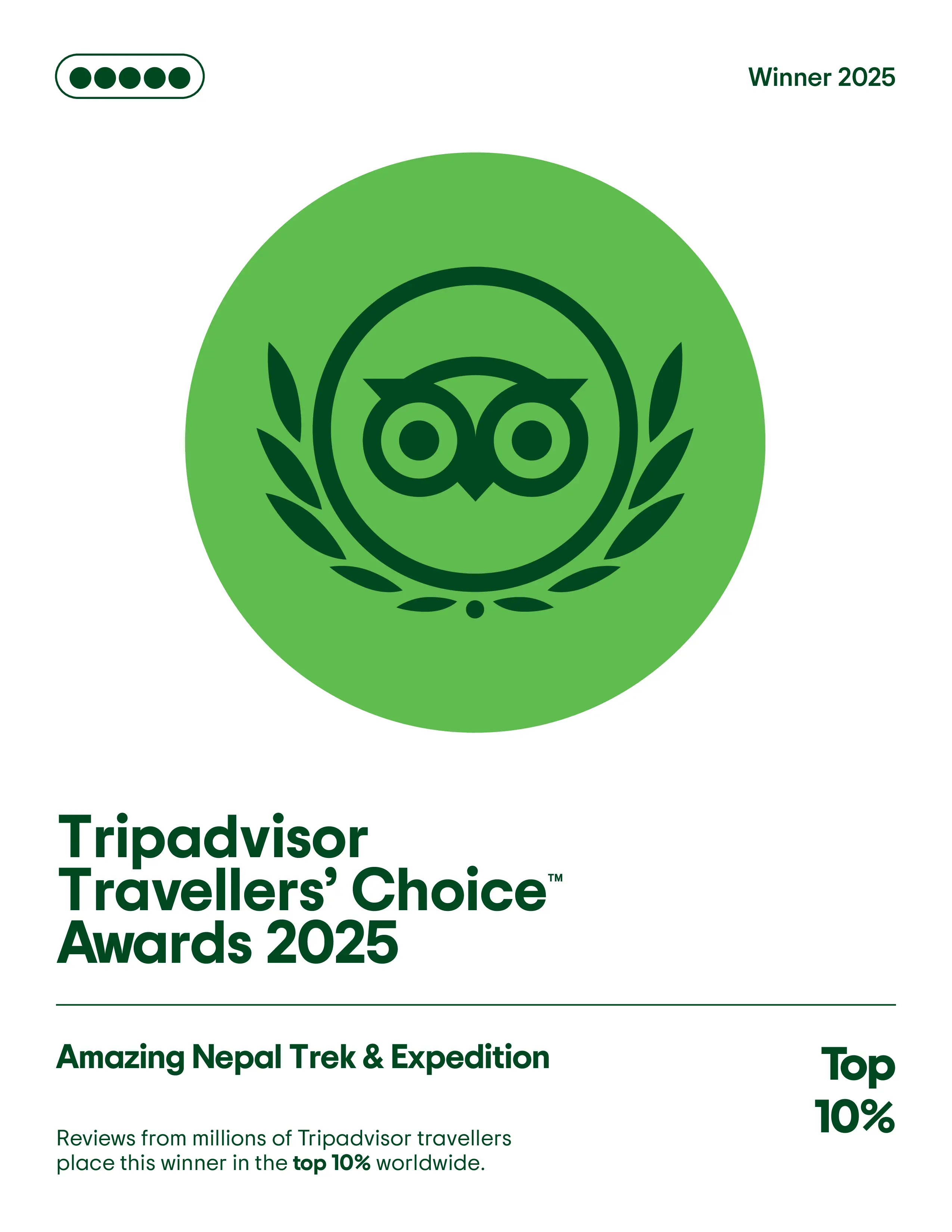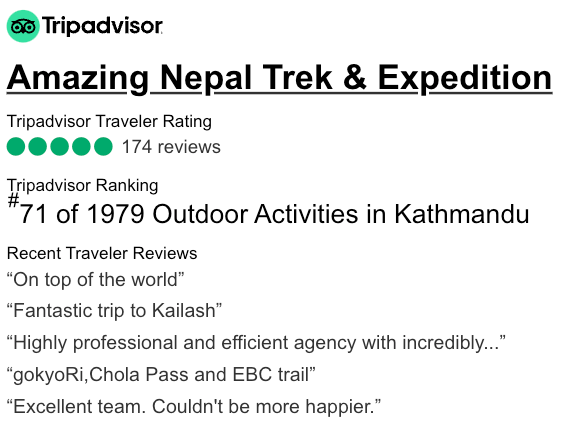Kathmandu is
Nepal’s heartbeat packed with history, culture, and energy. It’s a city where
ancient temples sit beside busy markets, and peaceful temples meet vibrant
street life. For travelers craving more than just sights, Kathmandu offers an
adventure of discovery. From UNESCO World Heritage Sites to lively nightlife,
the city blends old and new like no other. Exploring Kathmandu isn’t just about
ticking boxes it’s about feeling its soul. Whether you love hiking, exploring
art, or tasting food, this city has something for everyone.
Explore Kathmandu’s UNESCO
World Heritage Sites
Durbar Squares: Heart of the
Ancient Royal Cities
Kathmandu,
Patan, and Bhaktapur Durbar Squares are like open-air history books. Each
square has stunning architecture, ancient palaces, and temples that tell
stories. Kathmandu Durbar Square is famous for its Newari architecture and
royal buildings. Patan Square is filled with fine carvings and Buddhist
artifacts. Bhaktapur, called Bhadgaon, feels like stepping back in time with
its beautiful brickwork. Best times to visit are early mornings or late
afternoons when photography is easier and crowds thin out.
Pashupatinath Temple: A
Spiritual Icon
This Hindu
temple attracts thousands of pilgrims every year. It’s a place where religious
rituals happen openly and beautifully. Witnessing the cremation ceremonies at
the bagmati river offers a glimpse of life’s cycle intertwined with faith. The
best time to see grand ceremonies is during Shivaratri or early mornings.
Visitors should show respect and follow local etiquette — avoid photography
during rituals and cover shoulders and knees.
Swayambhunath Stupa: The Monkey
Temple
Perched on a
hill, this ancient stupa looks over Kathmandu Valley. It’s a major Buddhist
pilgrimage spot, full of colorful prayer flags and lively monkeys. The
panoramic views of the city deepen the spiritual experience. Visiting early in
the morning or evening gives peaceful moments and fewer crowds. Remember to
behave respectfully around the monkeys and observe quiet contemplation.
Discover Kathmandu’s Cultural
and Artistic Heritage
Tibetan and Newari Cultures
Nepal’s
diversity shines in Kathmandu’s neighborhoods. Thamel buzzes with backpackers,
while Asan Market offers a glimpse into traditional trading life. The Newari
people’s influence is strong with their unique architecture, dance, and food.
Tibetan enclaves bring colorful prayer flags and monasteries. Exploring these
areas reveals stories of resilience, tradition, and art.
Museums and Galleries
- National Museum of Nepal: Learn about Nepal’s
history, art, and archaeology in a grand building. It holds ancient
weapons, statues, and artifacts from different eras.
- Patan Museum: Housed in a restored palace, it
displays Buddhist art and traditional architecture. A perfect stop for art
lovers.
- Local workshops: Join craft classes or visit
shops where artisans make traditional pottery, textiles, and jewelry.
Hands-on experiences let you take home more than souvenirs.
Traditional Festivals and
Events
Nepal’s
festivals are colorful, lively, and full of meaning. Dashain celebrates the
victory of good over evil, while Tihar honors the goddess of wealth and the
animals. If you visit during these festivals, you’ll enjoy dances, feasts, and
rituals. There are also various art festivals, music shows, and dance
performances throughout the year. Always participate with respect and
curiosity.
Immerse in Nature and Adventure
Activities
Trekking and Hiking
Opportunities
Kathmandu makes
a great base for adventures. Trails to Nagarkot offer stunning sunrise views
and are perfect for beginners. Shivapuri National Park is packed with wildlife,
hiking trails, and waterfalls. For seasoned trekkers, the Annapurna Range
beckons with spectacular scenery. Pick seasons wisely — spring and fall usually
have clear weather and moderate temperatures.
Nature Excursions in Kathmandu
Valley
Phulchoki Hill,
the highest point nearby, is a birdwatcher’s paradise. Its lush forests host
numerous bird species and offer spectacular views of the mountains. The
Kathmandu Durbar Square parks and Garden of Dreams are peaceful spots to relax
and connect with nature amidst city chaos.
Adventure Sports and Outdoor
Activities
From
high-fitched paragliding over the city to mountain biking on rugged trails,
Kathmandu offers lots of outdoor fun. Rock climbing gyms are available for
indoor thrill-seekers. When trying outdoor sports, always go with a trusted
local guide and prioritize safety.
Experience Local Cuisine and
Nightlife
Traditional Nepali Dishes to
Try
Momos, or
steamed dumplings, are a must-have snack. Dal Bhat, a hearty lentil soup with
rice, is Nepal’s everyday meal. The Newari dishes like Chatamari (rice crepes)
and Yomari (sweet rice flour pastry) are cultural delights. Local eateries and
street markets serve authentic flavors that you’ll crave long after leaving.
Coffee Shops, Pubs, and Night
Markets
Thamel is the
hub for nightlife, with lively pubs and live music venues. The city’s night
markets offer handmade crafts, street food, and cultural performances. Enjoy a
quiet coffee in one of the cozy cafes with views of Mount Everest or join music
nights for a taste of Nepal’s vibrant arts scene. Always stay responsible when
out at night.
Practical Tips for Visiting
Kathmandu
- The best time to visit is during spring (March to
May) or autumn (September to November) when weather is clear and pleasant.
- Getting around is easiest on taxis, tuk-tuks, or
walking, especially in the city center.
- Respect local customs — dress modestly, ask before
photographing people, and be polite.
- Stay safe by drinking bottled water, avoiding risky
foods, and keeping copies of important documents.
- Pack layers for variable weather and bring sunscreen,
comfortable shoes, and a good camera.
Conclusion
Kathmandu is a
city that promises an adventure at every turn. From its UNESCO sites and
colorful cultures to natural escapes and vibrant nightlife, there’s something
for everyone. Dive into its history, explore its art, and taste its amazing
food. Remember to be respectful and support local communities. With a little
planning, your trip to Kathmandu will be unforgettable. So, what are you
waiting for? Start planning and embrace all that this lively city has to offer!
FAQ
What
is the best time to visit Kathmandu?
The best time to
visit Kathmandu is during spring (March to May) and autumn (September
to November) when the weather is clear, mild, and ideal for sightseeing and
trekking.
What are the must-visit UNESCO
World Heritage Sites in Kathmandu?
Top UNESCO sites
include Kathmandu Durbar Square, Patan Durbar Square, Bhaktapur
Durbar Square, Pashupatinath Temple, and Swayambhunath Stupa
(Monkey Temple).
Is Kathmandu safe for tourists?
Yes, Kathmandu
is generally safe, but travelers should stay alert, avoid isolated
areas at night, use bottled water, and secure personal belongings.
What traditional foods should I
try in Kathmandu?
Answer:
Try momos (dumplings), dal bhat (rice with lentil soup), Newari
dishes like Chatamari and Yomari, and sample local street
food in Thamel or Asan Market.
How can I get around Kathmandu?
You can use taxis,
tuk-tuks (tempo rickshaws), rental bikes, or walk for
short distances. Apps like Pathao are also popular for ride-hailing.
Are there hiking or trekking
options near Kathmandu?
Yes! You can
trek to Nagarkot, Shivapuri National Park, or Phulchoki Hill
for nature, views, and birdwatching. These are great for beginners and day
hikes.
What cultural etiquettes should
I follow?
Dress modestly
(especially at temples), remove shoes before entering homes or shrines, ask
before taking photos, and avoid public displays of affection.
Can I experience Kathmandu’s
culture beyond sightseeing?
Absolutely.
Visit local markets, join craft workshops, attend festivals
like Dashain or Tihar, and explore art galleries and traditional dance
performances.
Where is the best place to
experience nightlife in Kathmandu?
Head to Thamel
for live music, pubs, night markets, and cozy coffee
shops. It’s the city’s main hub for nightlife and entertainment.
What should I pack for a trip
to Kathmandu?
Bring comfortable
walking shoes, layered clothing for variable weather, sunscreen,
a good camera, bottled water, and copies of important
documents.








